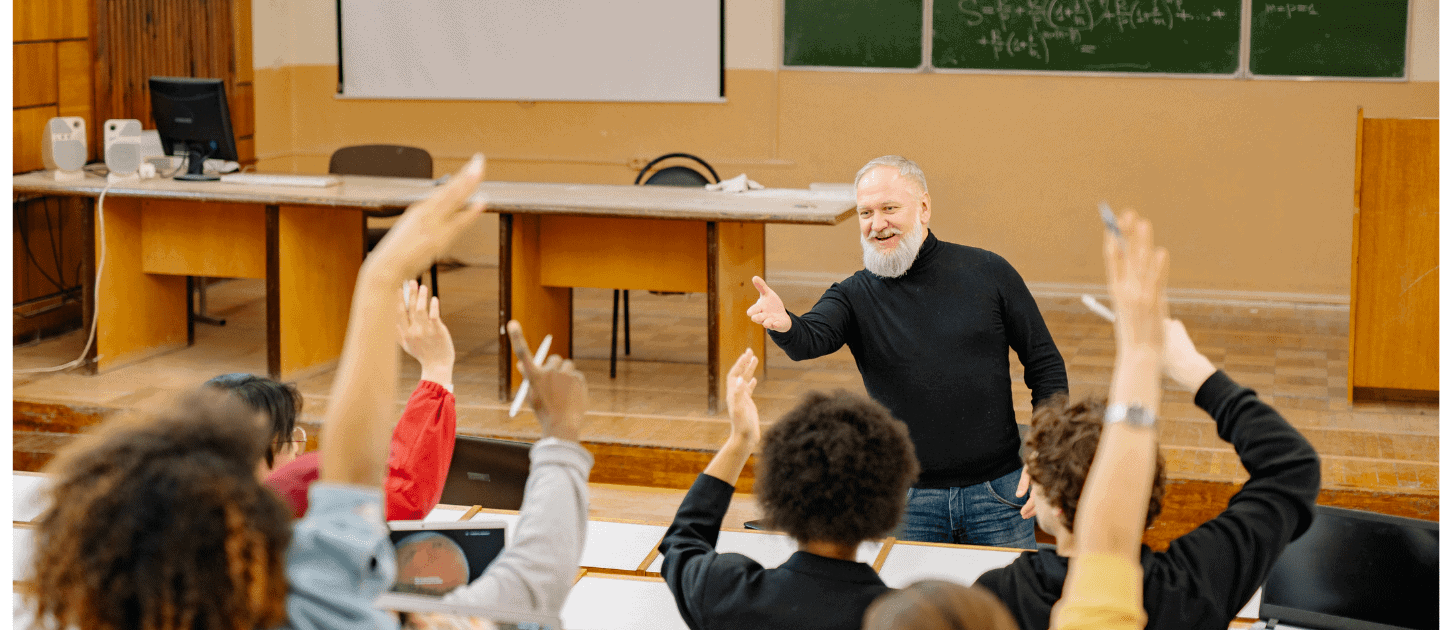
How Caregivers Fare in the Transition from Early Intervention to Early Childhood Special Education
Family-Professional Partnerships (FPPs) are a crucial part of empowering a child to reach their full potential. To leverage this trusting relationship, universities should consistently address building FPPs in coursework.
29 May 2022

